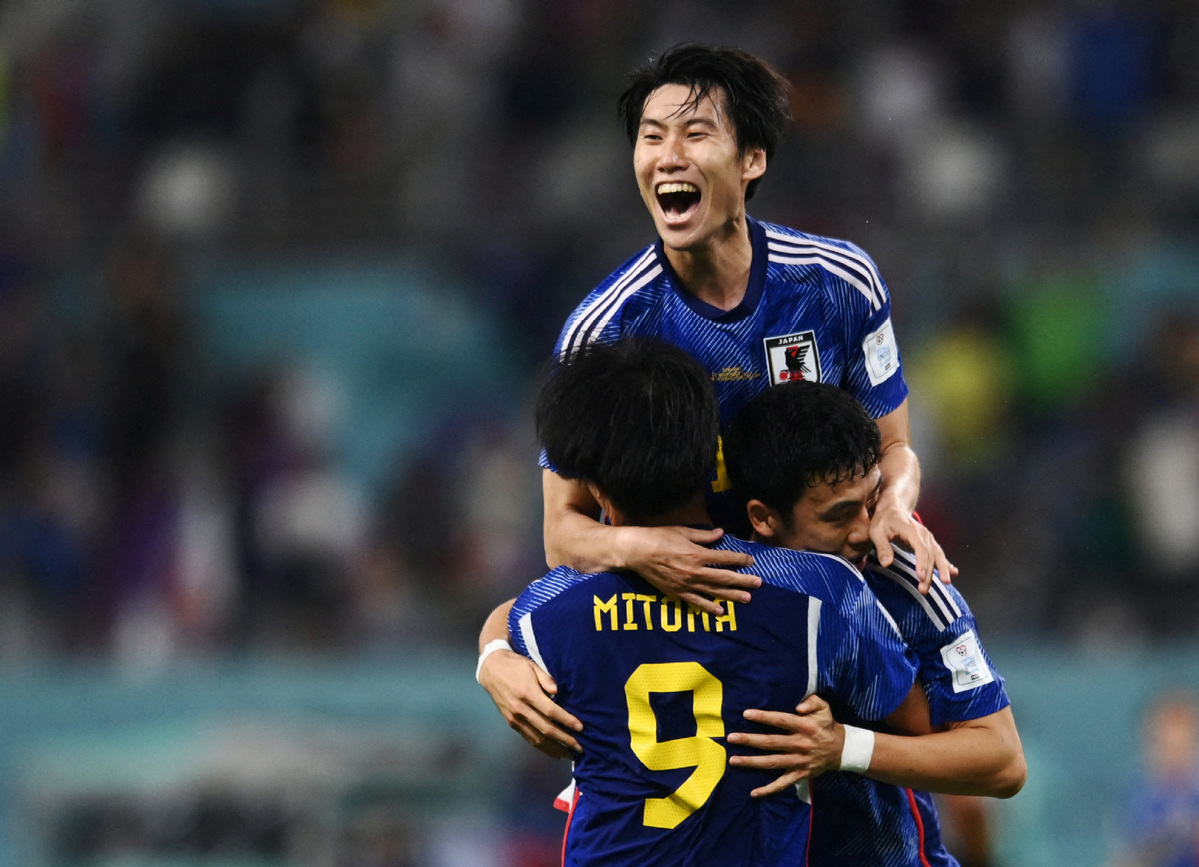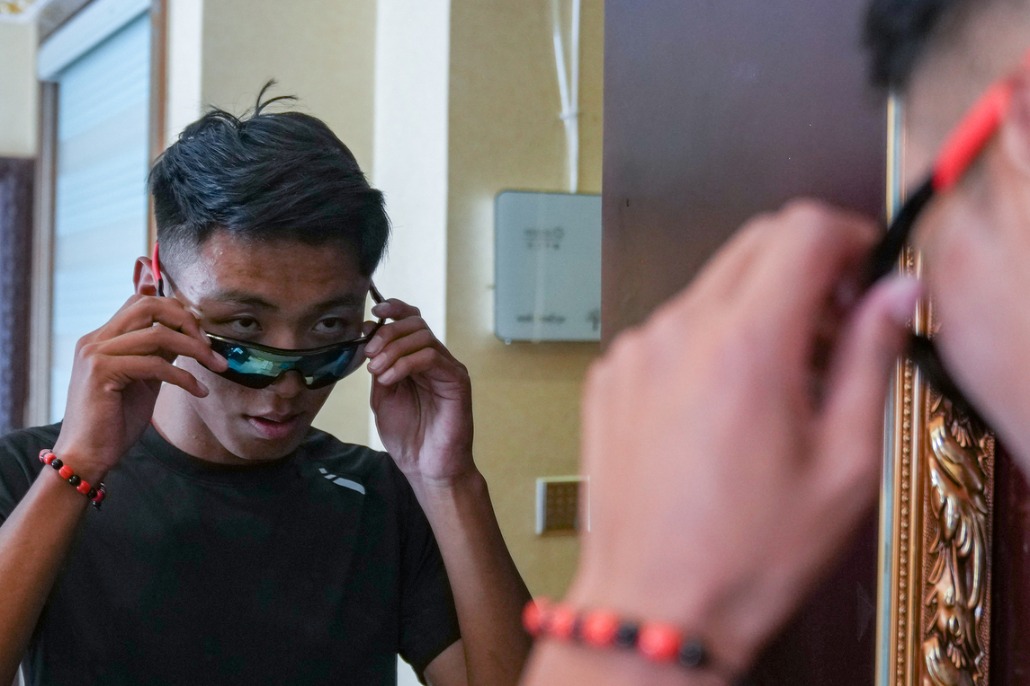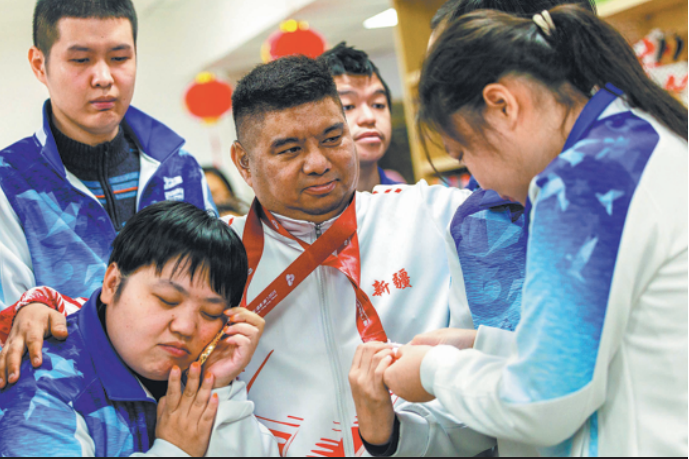Scholar tells what to see from Japan and South Korea at the World Cup


The performances of the Japanese and South Korean men's national teams at the 2022 FIFA World Cup have embodied the stories we love to hear and watch, said an article published in Diplomat magazine on Monday.
The realized dreams of underdogs, the thrilling shock of comebacks, the emotions in representing one's country and the concrete evidence of progress in the national development of the sport were all manifested in the stories of Japan and South Korea, said Layne Vandenberg, who is now part of the King's College London and University of Hong Kong joint PhD program on international football politics and institutions.
Underdogs have been front and center at the 2022 FIFA World Cup. The group stage matches that followed the late November kick-off have yielded unexpected results, with teams like Morocco and Australia defeating the strong European squads Belgium and Denmark. Three of the most impressive defeats, however, came at the hands of the Japanese and South Korean national teams.
Before arriving in Doha, both Japan and South Korea had landed themselves in noticeably difficult groups with teams that ranked much higher. Japan would be battling in the "group of death" against previous winners Spain and Germany, alongside the not-to-be-underestimated Costa Rica. South Korea drew former World Cup winner Uruguay, Cristiano Ronaldo's Portugal and Ghana.
However, Japanese players flooded the pitch after upsetting Germany in their first World Cup match. South Korean captain, Son Heung-min, broke into tears at the final whistle of his team's 2-1 win against Portugal, putting it within reach of the Round of 16.
Twice Japan battled from behind. In their opener game with Germany, Germany went up 1-0 in the first half with a converted penalty kick. But Japan equalized in the 75th minute and scored the game-winner in the 83rd minute by Takuma Asano. The third and final group stage match against Spain came loaded with expectations after their 1-0 crushing defeat to Costa Rica. If Japan was to advance to the Round of 16, they needed to at least tie the 2010 World Cup winners. After an early goal in the 11th minute from Spain, Japan was once again tied and surpassed. Although Kaoru Mitoma's assist to Tanaka appeared to be out of bounds to the naked eye, FIFA quelled debates and criticism of the video assistant referee (VAR) decision and ruled the ball was still in play.
We watch the World Cup because we want the shock of the impossible comeback. We want to join the age-old tradition of debating referee decisions, becoming part of the action on the pitch, Vandenberg said.
The national team and fans of a given country can seem representative at a nearly continental level. Brazil and Argentina alone represent South America. Prior to their loss to the Netherlands in the Round of 16, the United States was North America, Central America, and the Caribbean's final opportunity. Senegal and Morocco's advancement to the Round of 16 spurred African dreams. Australia was Oceania's only hope. Japan and South Korea, similarly, are the last teams standing from Asia.
Particularly for Asian players, the notable lack of East Asian players in the world's most successful football leagues means that representation at the World Cup is defining. When the Japanese and South Korean men's national teams take the pitch at an international competition like the World Cup, they are effectively introducing themselves to the world. This World Cup has seen the popular debut of several Asian players, including Cho Gue-sung, the South Korean striker who scored back-to-back goals against Ghana.





























